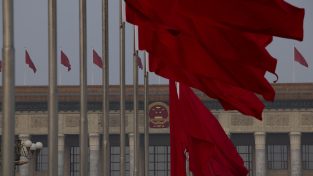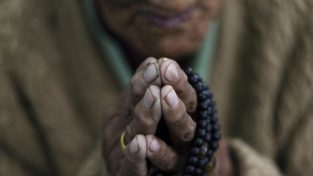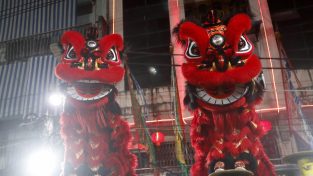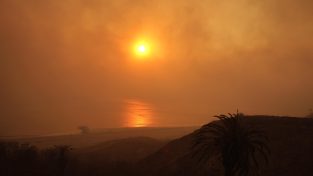Al mercato del pesce di Fukushima
I pescatori temevano un crollo delle vendite dopo il rilascio dell'acqua radioattiva della centrale nucleare in mare. In realtà così non è stato
È da poco iniziato il terzo rilascio in mare dell’acqua contenuta nei serbatoi della centrale nucleare di Fukushima, teatro del noto incidente in seguito al terremoto e maremoto del 2011; acqua che, come altrettanto noto, è sì trattata e diluita, ma comunque radioattiva. Per quanto trattamento, diluizione e velocità di rilascio siano appunto stati calcolati in modo tale da mantenere la radioattività a livelli così bassi da non essere nociva per la salute, i pescatori temevano un calo delle vendite del pesce pescato in zona; cosa che tuttavia non è stata, anche grazie ad un movimento dei consumatori che ha incentivato il consumo di pesce. (AP Photo/Eugene Hoshiko)
















